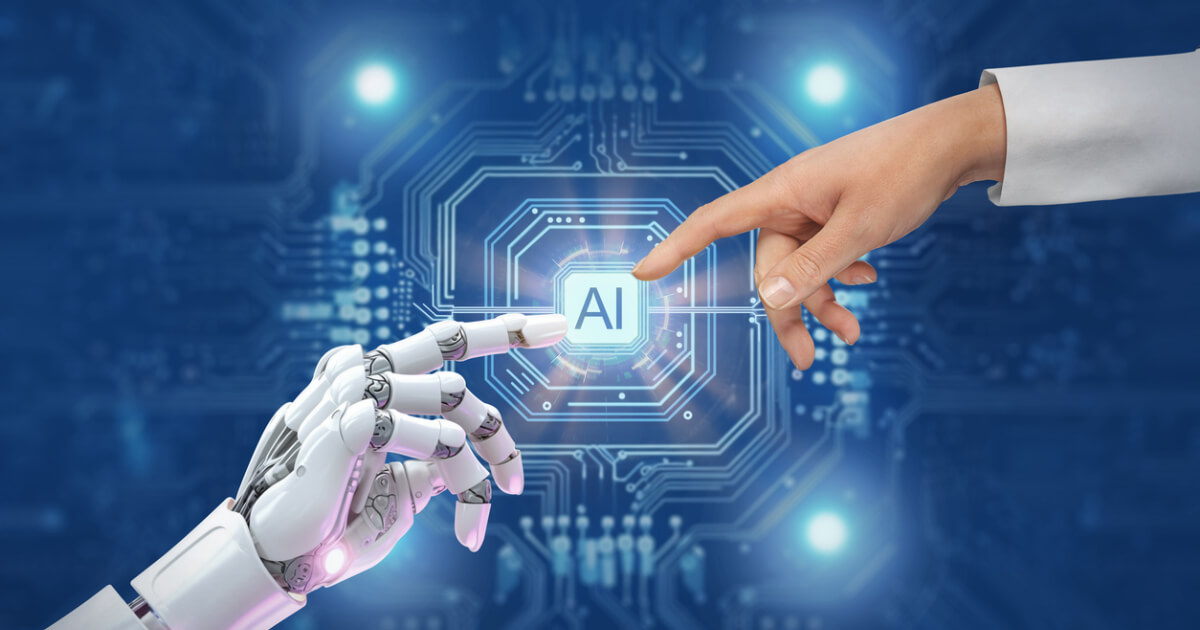Artificial Intelligence and Medicine: Transforming Healthcare
Artificial intelligence (AI) is revolutionizing numerous industries, and the field of medicine is no exception. With its ability to analyze vast amounts of data quickly and accurately, AI is helping medical professionals improve patient outcomes, streamline operations, and enhance the overall healthcare experience.
Enhancing Diagnostic Accuracy
One of the most significant impacts of AI in medicine is its ability to enhance diagnostic accuracy. AI algorithms can process medical images such as X-rays, MRIs, and CT scans with remarkable precision. By identifying patterns that may be invisible to the human eye, AI can assist radiologists in detecting diseases like cancer at earlier stages, leading to more effective treatment plans.
Personalized Treatment Plans
AI is also playing a crucial role in developing personalized treatment plans. By analyzing genetic information along with other health data, AI systems can help doctors tailor treatments to individual patients. This approach not only increases the effectiveness of therapies but also reduces adverse effects by considering a patient’s unique genetic makeup.
Streamlining Administrative Tasks
The integration of AI into healthcare administration helps streamline operations by automating routine tasks such as scheduling appointments, managing patient records, and processing insurance claims. This allows healthcare providers to focus more on patient care rather than administrative duties.
Predictive Analytics for Better Outcomes
AI-driven predictive analytics are transforming how healthcare providers approach patient care. By analyzing historical data and identifying trends, AI can predict potential health risks before they become critical issues. This proactive approach enables healthcare professionals to intervene early, potentially preventing complications and improving patient outcomes.
The Future of AI in Medicine
The potential applications of AI in medicine are vast and continue to expand. From robotic surgeries that offer greater precision to virtual health assistants providing 24/7 support, the future holds exciting possibilities for integrating AI into every aspect of healthcare.
However, it’s important to address ethical considerations such as data privacy and ensuring that AI complements rather than replaces human judgment in medical decision-making processes.
Conclusion
Artificial intelligence is undeniably transforming medicine by enhancing diagnostics, personalizing treatments, streamlining administrative tasks, and offering predictive insights for better patient care. As technology advances further, it promises even greater innovations that will continue to revolutionize the way we approach healthcare.
5 Ways to Harness AI in Medicine: From Imaging to Patient Privacy
- Utilize AI for medical imaging analysis to assist in diagnosing diseases more accurately and efficiently.
- Implement AI algorithms to predict patient outcomes and personalize treatment plans based on individual health data.
- Use AI-powered chatbots or virtual assistants to provide immediate medical information and support to patients.
- Apply natural language processing (NLP) techniques in healthcare documentation for faster and more accurate record-keeping.
- Ensure that AI systems in medicine comply with regulations regarding patient privacy and data security.
Utilize AI for medical imaging analysis to assist in diagnosing diseases more accurately and efficiently.
Utilizing AI for medical imaging analysis is transforming the way diseases are diagnosed, offering unprecedented accuracy and efficiency. By leveraging sophisticated algorithms, AI systems can process and interpret complex medical images such as X-rays, MRIs, and CT scans with remarkable precision. This technology aids radiologists in identifying subtle patterns and anomalies that may be missed by the human eye, enabling earlier detection of conditions like cancer, cardiovascular diseases, and neurological disorders. As a result, healthcare providers can develop more effective treatment plans tailored to individual patients’ needs. Additionally, AI-driven imaging analysis reduces the time required for diagnosis, allowing for quicker decision-making and improved patient outcomes. This innovative approach not only enhances diagnostic capabilities but also alleviates the workload on medical professionals, ultimately leading to more efficient healthcare delivery.
Implement AI algorithms to predict patient outcomes and personalize treatment plans based on individual health data.
Implementing AI algorithms to predict patient outcomes and personalize treatment plans based on individual health data is transforming the landscape of modern medicine. By analyzing vast datasets that include genetic information, medical history, lifestyle factors, and more, AI can identify patterns and correlations that may not be immediately apparent to human clinicians. This capability allows healthcare providers to anticipate potential health issues before they arise and tailor treatment plans specifically to the needs of each patient. The result is a more proactive approach to healthcare that not only enhances the effectiveness of treatments but also minimizes risks by considering each patient’s unique profile. As AI continues to evolve, its integration into personalized medicine promises to improve patient outcomes significantly while optimizing resource utilization within healthcare systems.
Use AI-powered chatbots or virtual assistants to provide immediate medical information and support to patients.
AI-powered chatbots and virtual assistants are becoming invaluable tools in the healthcare industry by providing immediate medical information and support to patients. These intelligent systems can answer common health-related questions, offer guidance on managing symptoms, and even assist with medication reminders, all in real-time. By doing so, they help alleviate the burden on healthcare providers and ensure that patients receive timely assistance. Moreover, these AI tools can triage patient concerns by determining the urgency of symptoms, guiding individuals toward appropriate care pathways. This not only enhances patient engagement but also improves overall healthcare efficiency by streamlining communication between patients and medical professionals.
Apply natural language processing (NLP) techniques in healthcare documentation for faster and more accurate record-keeping.
By applying natural language processing (NLP) techniques in healthcare documentation, medical professionals can significantly improve the efficiency and accuracy of record-keeping processes. NLP enables the automatic extraction of valuable information from clinical notes, reports, and other textual data, making it easier to organize and analyze patient records. This not only speeds up the documentation process but also enhances the overall quality of healthcare data, leading to better-informed decision-making and improved patient care outcomes.
Ensure that AI systems in medicine comply with regulations regarding patient privacy and data security.
In the rapidly evolving field of artificial intelligence in medicine, ensuring compliance with regulations regarding patient privacy and data security is paramount. As AI systems process vast amounts of sensitive health information, they must adhere to strict guidelines such as the Health Insurance Portability and Accountability Act (HIPAA) in the United States. These regulations are designed to protect patient confidentiality and prevent unauthorized access to personal health data. Implementing robust security measures, such as encryption and access controls, is essential to safeguard this information. By prioritizing compliance with these regulations, healthcare providers can build trust with patients and ensure that the integration of AI technologies enhances care without compromising privacy or security.


